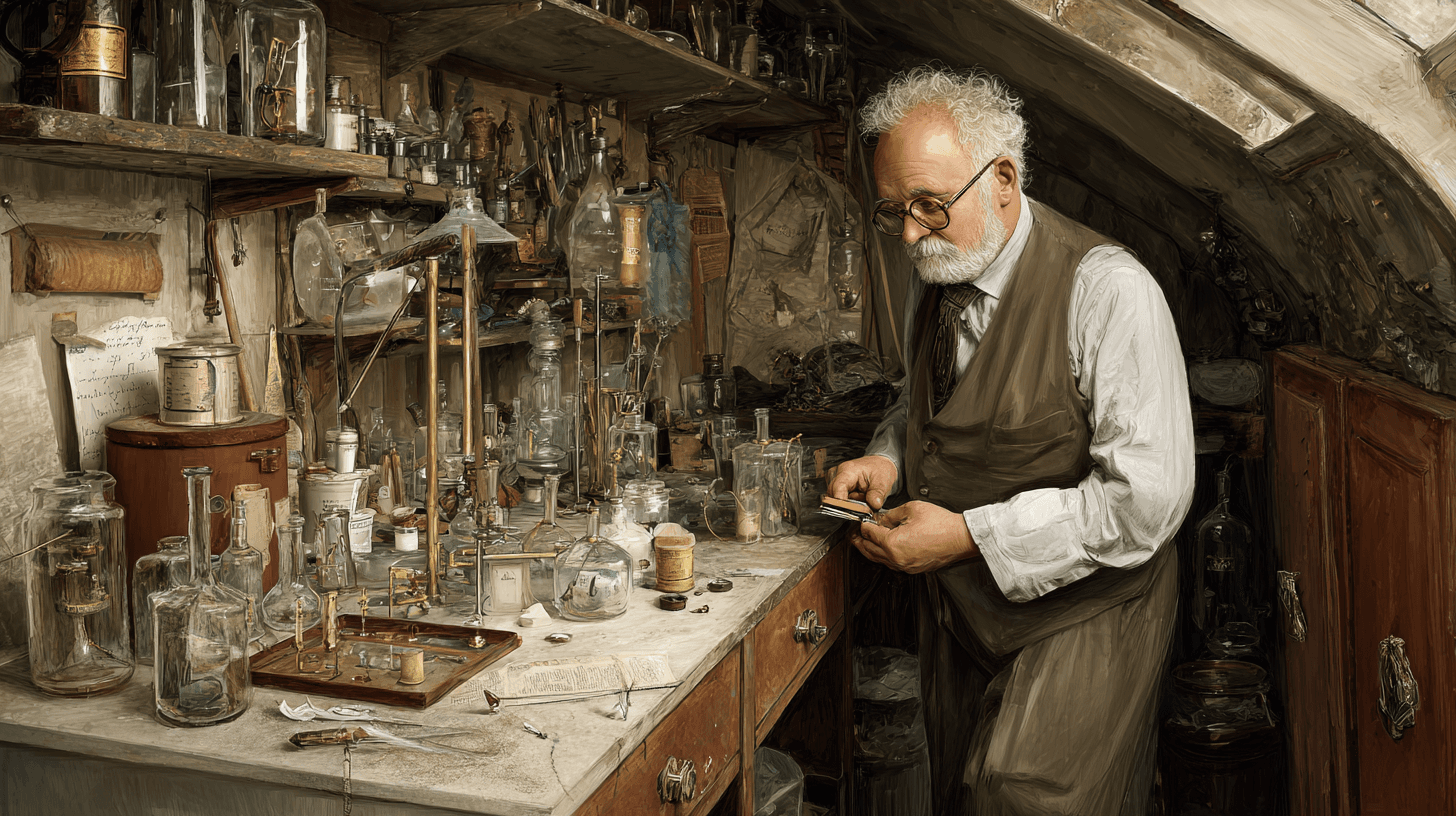Are you already using your competitor's patent for free?
In a series of blog posts, Marco Coolen gives an insight into his work as a Dutch and European patent attorney at AOMB.
Published on August 17, 2025

Marco, a patent attorney at AOMB since 2013, shares his expertise on IO+ about patents—how they work, why they matter, and when they lose their value.
Are you already using your competitor's patent without paying for it? That almost sounds like cheating, doesn't it? You're benefiting from your competitor's hard work without paying a penny in license fees. But the good news is that sometimes you can do just that. Completely legally, without any legal risks.
Patent law contains exceptions that many entrepreneurs are unaware of – and those who are aware of them can make clever use of them.

Marco Coolen, photo © Bart van Overbeeke
Research exception: practice without selling
Suppose you have seen that your competitor has patented a strong invention. You know that the patent will expire in a few years.
What can you do? Get to work in your R&D lab. You can experiment with the patented technology. You can develop improvements. You can even prepare complete products.
As long as you do not use the results commercially before the patent expires, there is no problem.
This way, you can launch your product as soon as the patent expires. While your competitor loses its protection, you will have built up a head start of months or even years. And mind you, this is entirely legal, even without paying a single euro in licence fees.
This is known as the research exception and is well-established in Europe. It allows innovations to gain momentum more quickly once patents expire.
Private use: tinkering in your shed
Another often overlooked exception is private use.
Anyone tinkering with a patented invention in their shed at home, purely for their own use and without commercial intentions, is on safe ground in Europe.
Want to experiment for yourself? Try out new variants? As long as it remains within the private sphere and you don't sell anything, it's allowed.
Please note: as soon as a commercial interest arises, this protection immediately lapses.
Prior use: first in time = protected
And then there is the prior use exception. This comes in handy if you were already working on a particular solution but never applied for a patent for it.
If your competitor subsequently obtains a patent for (largely) the same invention, this does not automatically mean that you have to stop.
Can you prove that you were already working on the same technology before their application was submitted? Then you can often continue your activities, even if your competitor now has a patent.
This prevents the system from suddenly blocking unsuspecting entrepreneurs with subsequent patents.

The World of Patents
Dutch and European patent attorney Marco Coolen (AOMB) provides us with a deeper insight into the world of patents. How do they work, why are they essential, but also: when do they lose their usefulness?
The power of exceptions
Many entrepreneurs think: patent = off limits. However, those who are familiar with the exceptions can see where there is room for maneuver.
- ✔️ Conduct research without a license,
- ✔️ Experiment within your own circle,
- ✔️ Continue thanks to prior use.
All these routes provide you, as an entrepreneur, with additional opportunities to operate smartly without infringing on anyone else's rights.
So, not everything that is patented is off limits
Patent law protects innovations while deliberately leaving room for progress, research, and fair competition.
Those who understand the rules of the game can play it smarter. Because sometimes, gaining an edge is not about what you patent, but how well you use the space around other people's patents. Take advantage of it!
